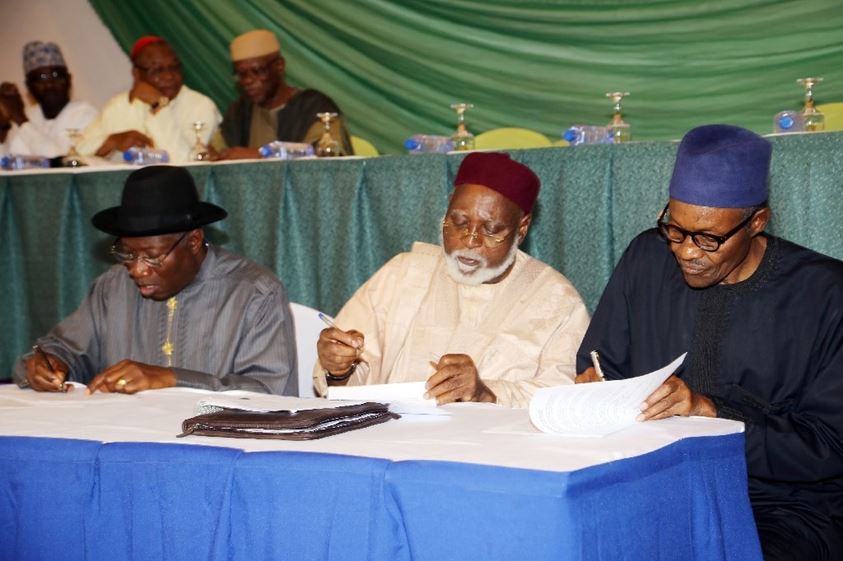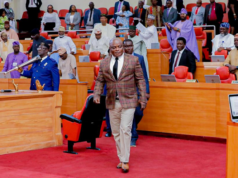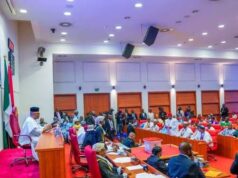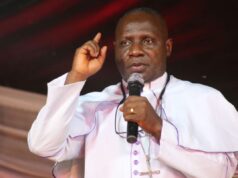Nigeria’s opposition leader Muhammadu Buhari told AFP Thursday that he does not expect “tampering” in general elections this weekend but warned of “consequences” if there is foul play.
“I don’t think this election can be tampered with, like the previous ones,” Buhari said in an interview that focused on the election process.
The All Progressives Congress (APC) candidate, speaking in Nigeria’s capital Abuja after the close of his campaign, was referring to his three previous runs for the presidency in 2003, 2007 and 2011, when the ruling Peoples Democratic Party’s victories were disputed and challenged in court.
He said the APC’s nationwide support, with loyalists committed to defending their votes at individual polling stations, helped curb the prospect of rigging.
He also voiced confidence in voter authentication technology being used for the first time by the Independent National Electoral Commission (INEC).
Buhari, 72, reiterated the optimism he has expressed throughout the campaign.
“I am confident we are not going to lose this election,” he said in his office at APC headquarters, refusing to even discuss the notion of a concession speech.
Earlier on Thursday, Buhari renewed a peaceful election pledge he had previously signed with President Goodluck Jonathan, which also commits both candidates to respect the declared result.
Asked if there were any circumstances that could force him to reject the result, Buhari said: “INEC and the law enforcement agencies must work within the law.
“If they are persuaded somehow to act outside the law, then maybe they will have to accept the consequences of what happens.”
Buhari is from Nigeria’s mainly Muslim north, a region seen as desperately wanting to retake the presidency from the predominately Christian south.
Some analysts have described the north as a tinderbox, which could erupt if Buhari is perceived to have been cheated out of an election win.
Post-election violence that followed Jonathan’s victory over Buhari in 2011 killed more than 1,000 people, mostly in Kaduna state, where the APC leader lives.
Buhari said that maintaining peace and the unity of Nigeria was, for him, “certainly” more important than becoming president.
But he insisted his campaign had convinced a majority of voters that he was more capable than Jonathan of tackling the series of crises facing Nigeria.
The ex-army general ruled Africa’s most populous nation as a military head-of-state for 20 months beginning in December 1983, taking power in a coup from a civilian government widely seen as corrupt.
He has described Jonathan’s government as riddled with graft and totally ineffectual on national security, especially over its response to the Boko Haram Islamist uprising.
Buhari in the past has consistently said that he is better placed to tackle the insurgency as a former army general.
Speaking to dozens of reporters earlier at a campaign closing press conference, Buhari urged APC loyalists to turn out for Saturday’s polls.
“The biggest challenge… is that we must come out en masse to vote APC,” he said.
“Having done that, I expect (supporters) to do all that is within the law to protect their votes and ensure that the will of the people is not subverted.”








